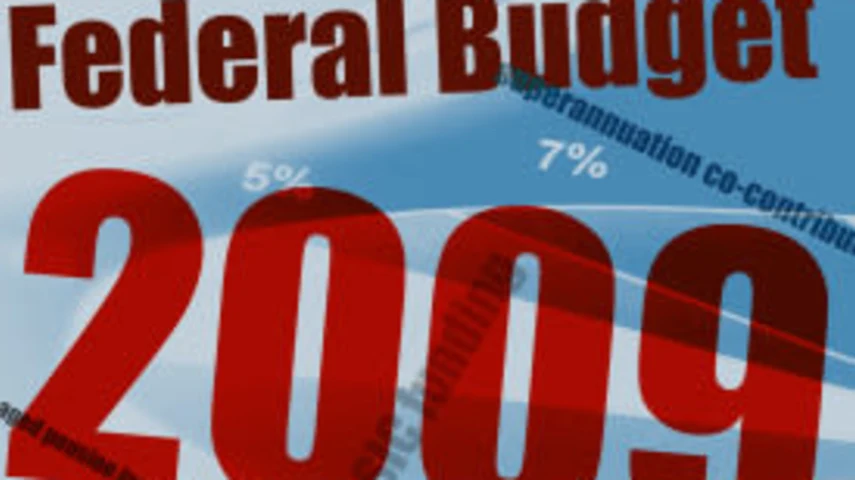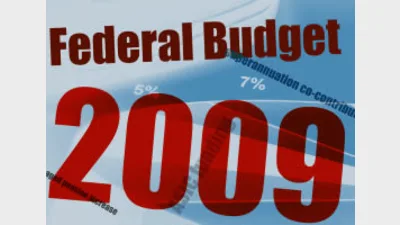Transition to retirement strategies still attractive



The popular transition to retirement strategy will remain attractive under changes introduced in the Government’s Budget last night, although the benefits of the strategy will be somewhat reduced.
Midwinter Financial Services general manager, strategy and technical services, Matthew Esler, said that the halving of contribution caps would have a detrimental impact on transition to retirement strategies. But the tax benefits of transition to retirement strategies would remain significant, and continue to be an important way to enhance super benefits pre-retirement.
Federal Treasurer Wayne Swan announced last night that the transitional concessional contribution caps and universal concessional contribution caps would be halved from $100,000 and $50,000 to $50,000 and $25,000, respectively.
Esler said the impact on clients’ TTR strategies would differ depending on the person’s taxable income and superannuation balance during the transition to retirement period. As an example, a client aged 55 with a taxable income of $100,000 and a superannuation balance of $300,000 would now receive a $94,414 increase in super benefits, as opposed to $139,530 in super benefits under the old concessional contribution caps. That amounts to a loss in benefits of $45,116, or 32.33 per cent.
The reason the strategy remains beneficial, Esler said, is that it still allows clients to move super benefits, with earnings taxed at 15 per cent, to tax-free pension benefits.
Esler said that “with the concessional contribution caps halved, implementing an ‘optimised’ transition to retirement strategy” becomes more important. An ‘optimised strategy’ is one that determines the most beneficial pension level drawdown year on year, Esler said.
“And if implemented effectively will provide the best tax outcome,” Esler said.
According to Esler, once the concessional contribution cap is reached, excess net income should be contributed back to super as non-concessional contributions.
“Non-concessional contribution caps have effectively remained unchanged under the Budget announcements,” he said.
As a result, “if non-concessional contributions are not made once the concessional contribution cap is reached, they will be treated as excessive contributions”.
Recommended for you
Data and technology provider Novigi has acquired Iress’ superannuation consulting and managed services business from Apex Group.
AMP is to launch a digital advice service to provide retirement advice to members of its AMP Super Fund, in partnership with Bravura Solutions.
Unveiling its performance for the calendar year 2024, AMP has noted a “careful” investment in bitcoin futures proved beneficial for its superannuation members.
SuperRatings has shared the median estimated return for balanced superannuation funds for the calendar year 2024, finding the year achieved “strong and consistent positive” returns.









